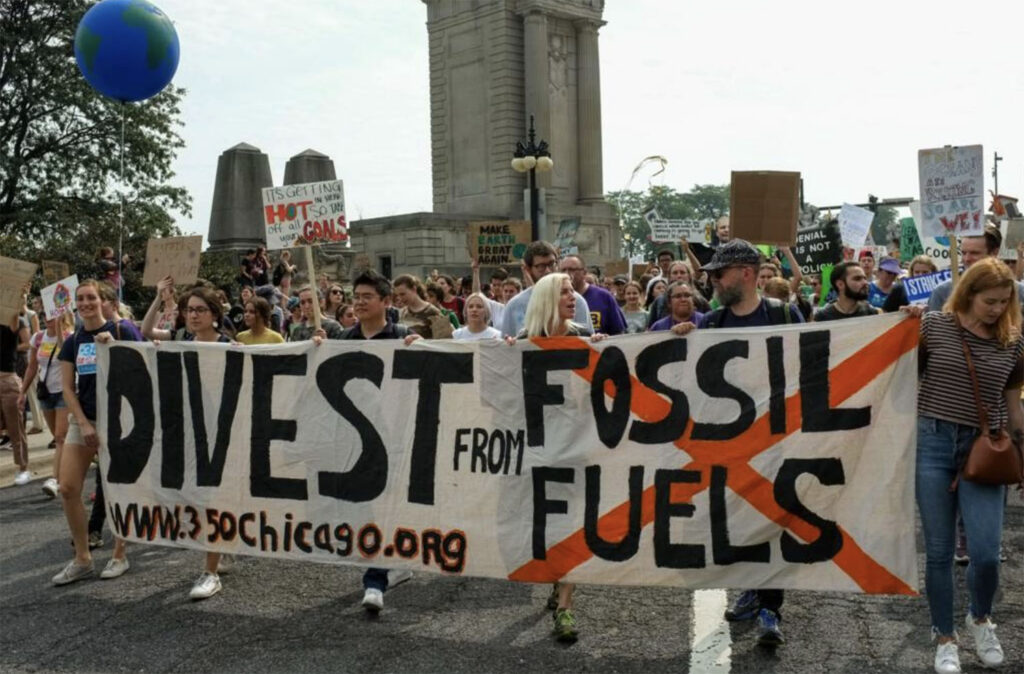By Alliance Communications Coordinator Amy Durr
What if going plastic-free didn’t start with guilt, but with a gentle invitation? This July, we share how small shifts — like skipping a straw — can ripple into real climate action.
Although I’ve lived with plastic guilt for many years, I’m welcoming Plastic Free July™ without any self reproach this year. Why? Because I’m choosing to view it as a kind prompt for me to take another step forward in reducing the plastic in my life.
Even though I’ve always loved Tide, this is the year to say goodbye. I’m switching to cardboard-packaged laundry sheets. I’m inviting you to take a step with me this year.
There are plenty of other easy options that you can find at Plastic Free July, and if you like sign their Plastic Pledge:
- Refuse single-use plastic drink bottles
- Bring your own reusable cup, borrow or swap a cup from some cafés, or take ten minutes and enjoy your favourite cuppa there
- Just say no to plastic straws with takeaway and dine-in drinks
- Replace single-use plastic products like hand soap pumps, shampoo bottles, toothpaste tubes and beauty and personal care items in the bathroom
I’ve already stopped using single-use plastic drink bottles and straws (I use this excellent water filter and a glass bottle) and I’m reducing all plastic in my bathroom (hand soap, bar soap, shampoo and razors). I don’t use dryer sheets. See additional ways to reduce plastic in your home on the Plastic Free July website.
Why Consumer-Based Individual Use Plastics Matter in the Big Picture

Many people don’t realize that 99% of all plastics are made from fossil fuels, and plastics contribute to climate change throughout their life cycle. A 2021 analysis by Beyond Plastics found that the US plastics industry will be a bigger contributor to climate change than coal-fired power in the nation by 2030.
“The study, which was conducted by scientists at the Lawrence Berkeley National Lab, estimates that by 2050 plastic production could account for between 21% to 31% of the global carbon emission budget required to limit global temperature increase to just 1.5 degrees Celsius. Currently, the industry is responsible for four times more greenhouse gas emissions than the airline industry, or about 600 coal-fired power plants,” the NRDC explains.
Let’s Make Waves By Working Together
I recently read a very encouraging bit about why our individual actions do matter when our problems seem so vast and overwhelming:
“So, how do we make change happen? You, as an individual, are only a tiny pebble in a vast sea. We can personally make ripples, but it takes collective action to make waves.
“It may be unfashionable or too earnest to say, but the reality is that each of us bringing our pebbles to the lake, and throwing them in is what it takes to make change. I think the image of an endless line of us throwing our pebbles into the lake is beautiful: a necessary act taken together.”
– Mariame Kaba, Let This Radicalize You
I love the words “a necessary act taken together” –- it’s a beautiful description of the way we, in community, will not just affect but help end the climate emergency one single-use plastic container at a time.


